Honey, often referred to as "liquid gold," has been treasured for centuries for its delicious taste, numerous health benefits, and natural sweetness. However, in recent years, the market has seen an alarming increase in the production of fake honey. This deceptive product threatens not only the integrity of the honey industry but also the health of consumers worldwide. In this article, we will look into the disturbing world of fake honey, its consequences, and how to identify the real deal.
Fake Honey Unveiled
Fake honey, or adulterated honey, is a counterfeit product masquerading as pure. This imitation comes in many forms, from diluted honey mixed with sugar syrup to entirely synthetic concoctions. These fraudulent or “fake” versions often resemble the real thing in colour, texture, and aroma, making it challenging for consumers to differentiate between genuine honey and the fake product.
Why is fake honey being produced?
Primarily for financial gain. Genuine honey is a premium product, and its production involves significant time, effort, and resources. In reality, counterfeiters can cut corners, use cheaper ingredients, and maximize their profits at the expense of consumers' health and trust.
The Dangers of Fake Honey
Consuming fake honey can have severe consequences for both consumers and the honey industry:
1. Health Risks: Fake honey may contain harmful substances like antibiotics, heavy metals, and pesticides. These contaminants can pose significant health risks when consumed regularly.
2. Loss of Nutritional Value: Counterfeit honey lacks the natural nutrients and antioxidants found in real honey, depriving consumers of its potential health benefits.
3. Undermining Beekeepers: The proliferation of fake honey undermines the livelihoods of honest beekeepers and distorts the market for genuine honey.
4. Deceptive Labelling: Fake honey often carries labels that mislead consumers into believing they are purchasing a high-quality, pure product.
Identifying Real Honey To protect yourself from the dangers of fake honey, here are some tips on how to identify genuine honey:
1. Read the Label: Check the label for a clear list of ingredients. Real honey should have only one ingredient: "honey."
2. Price Point: Be wary of honey that is significantly cheaper than other brands. Pure, high-quality honey comes at a cost.
3. Thumb Test: Place a drop of honey on your thumb. If it spreads or spills, it may be diluted with water or other substances. Pure honey should stay intact.
4. Crystallization: Authentic honey may crystallize over time, forming small sugar crystals. This is a natural process and a sign of pure honey.
5. Heating Test: Real honey caramelizes when heated gently, while fake honey may froth or produce a burnt plastic smell.
6. Source: Buy honey from trusted local beekeepers or reputable brands with a history of producing genuine products.
The issue of fake honey is one that demands consumer vigilance and industry regulation. By understanding the risks and learning how to identify genuine honey, we can protect our health and support the hardworking beekeepers who provide us with this precious gift of nature.
Every jar of Nature’s Gold honey is guaranteed. Pure, natural goodness in every jar with nothing else added.
Shop our Raw Natural Honey HERE


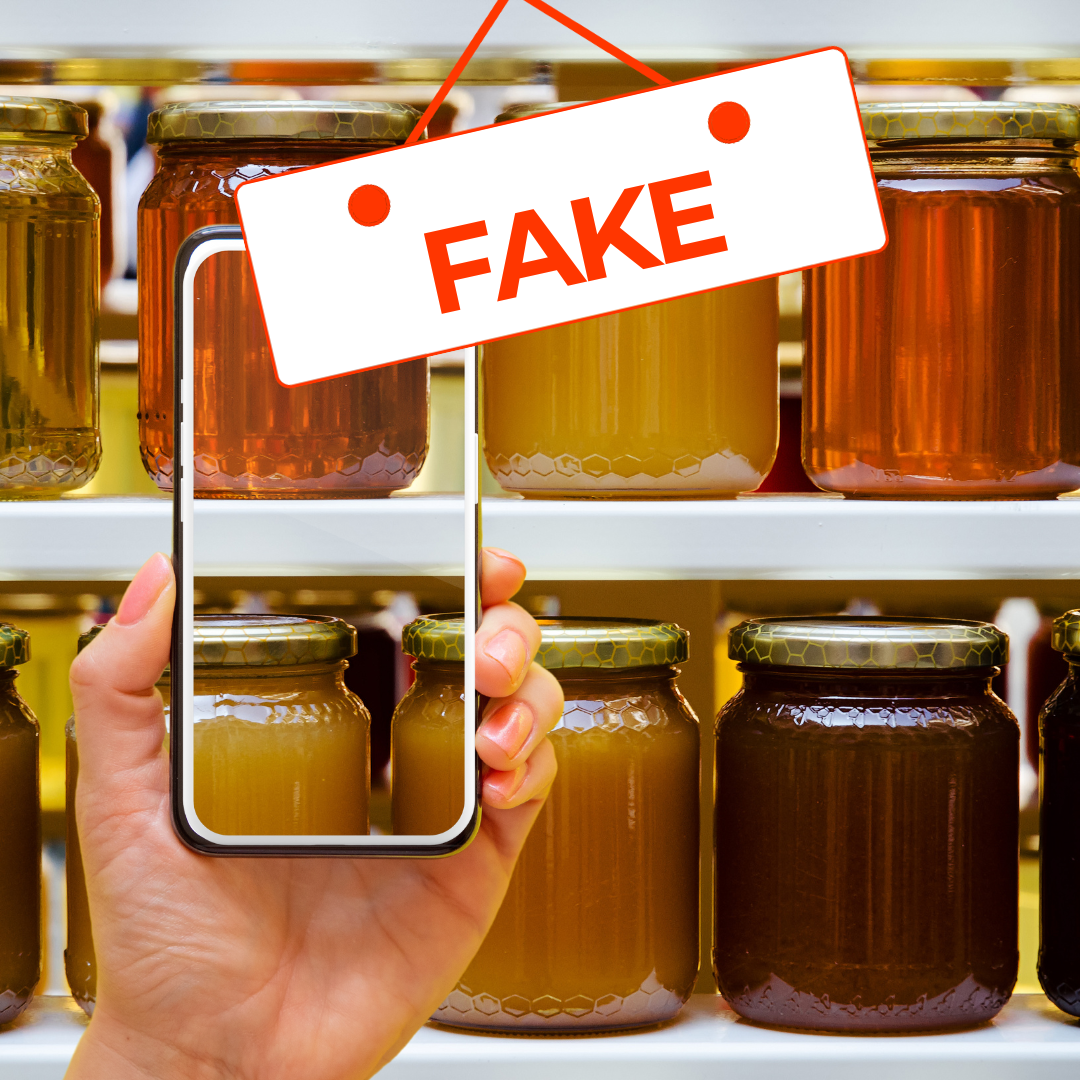
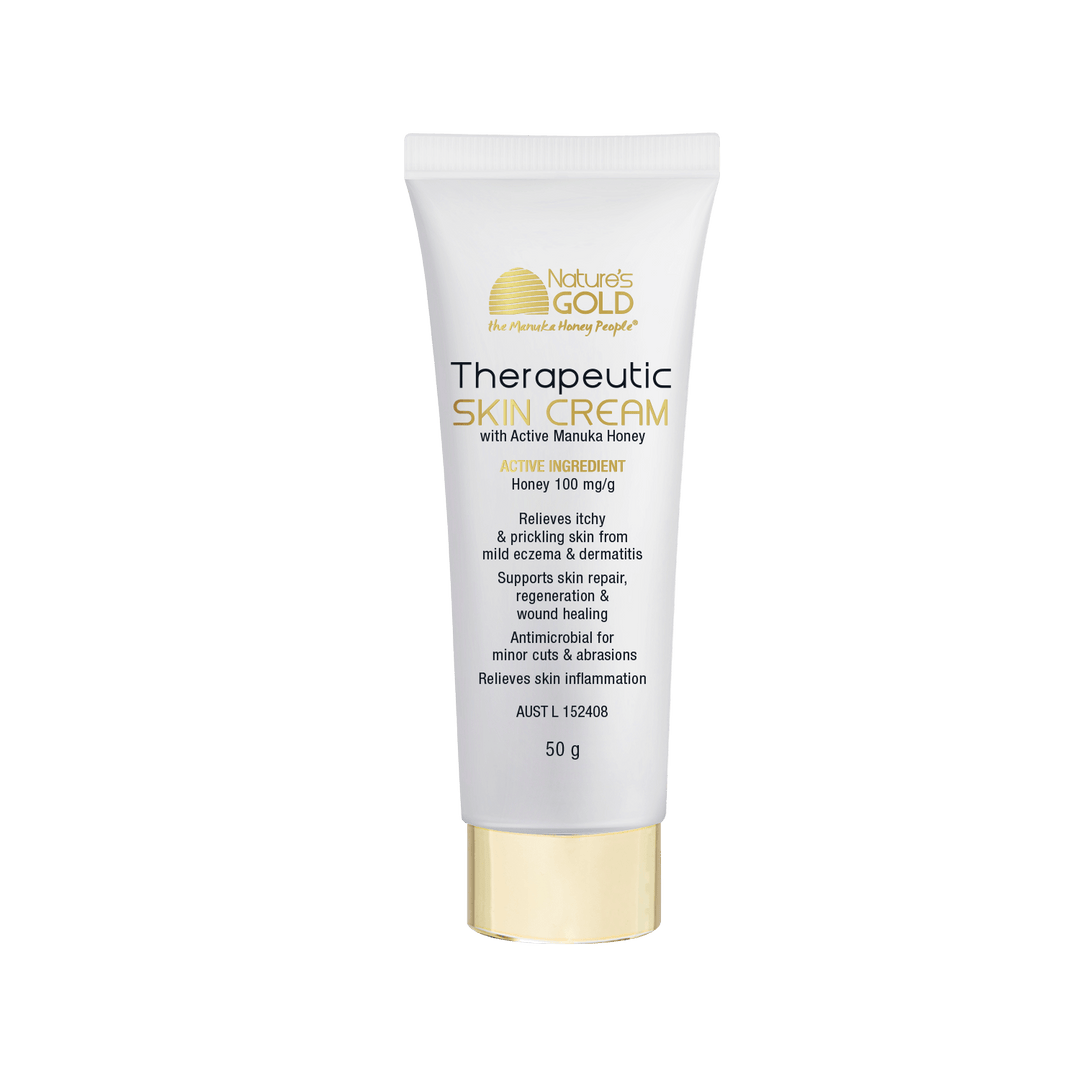
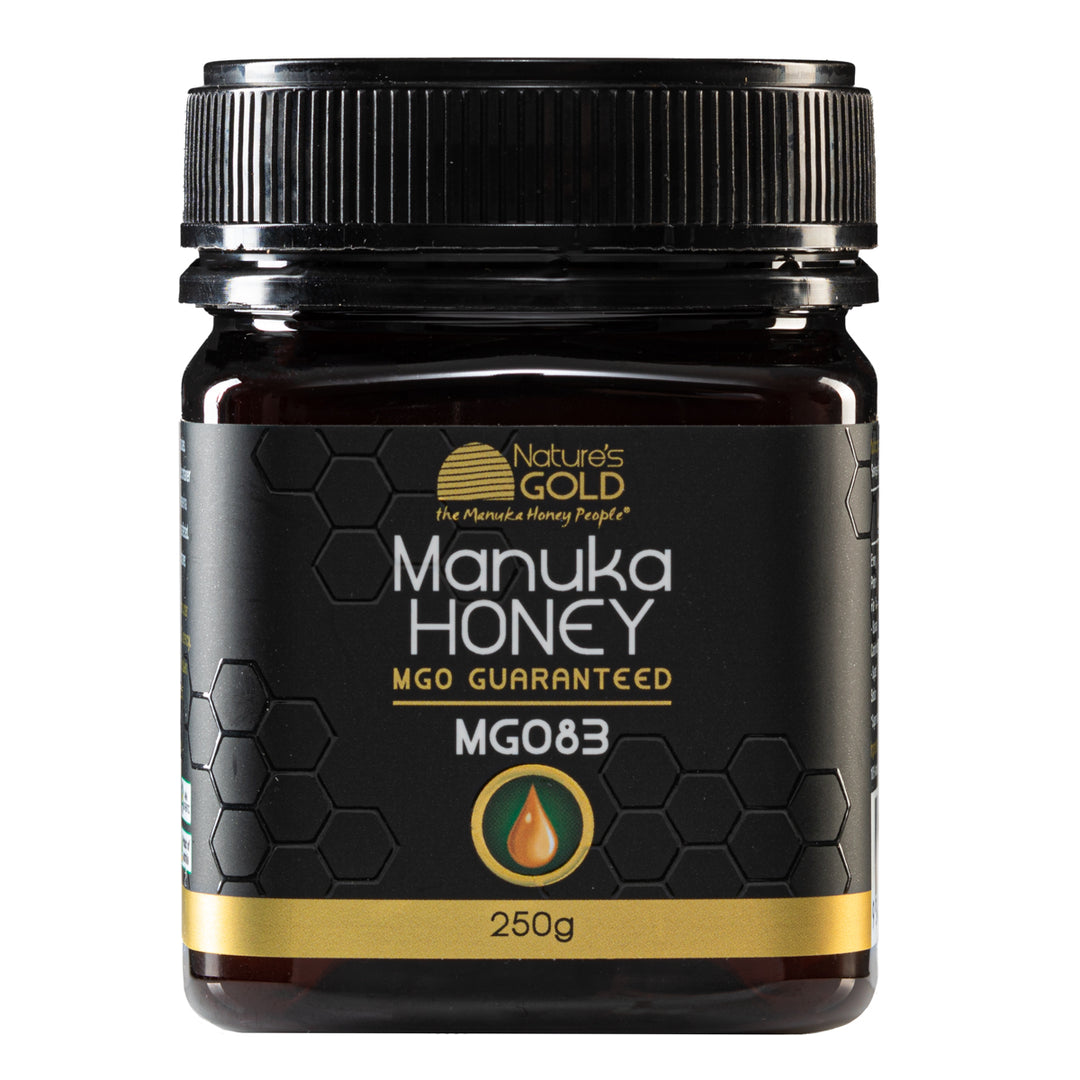
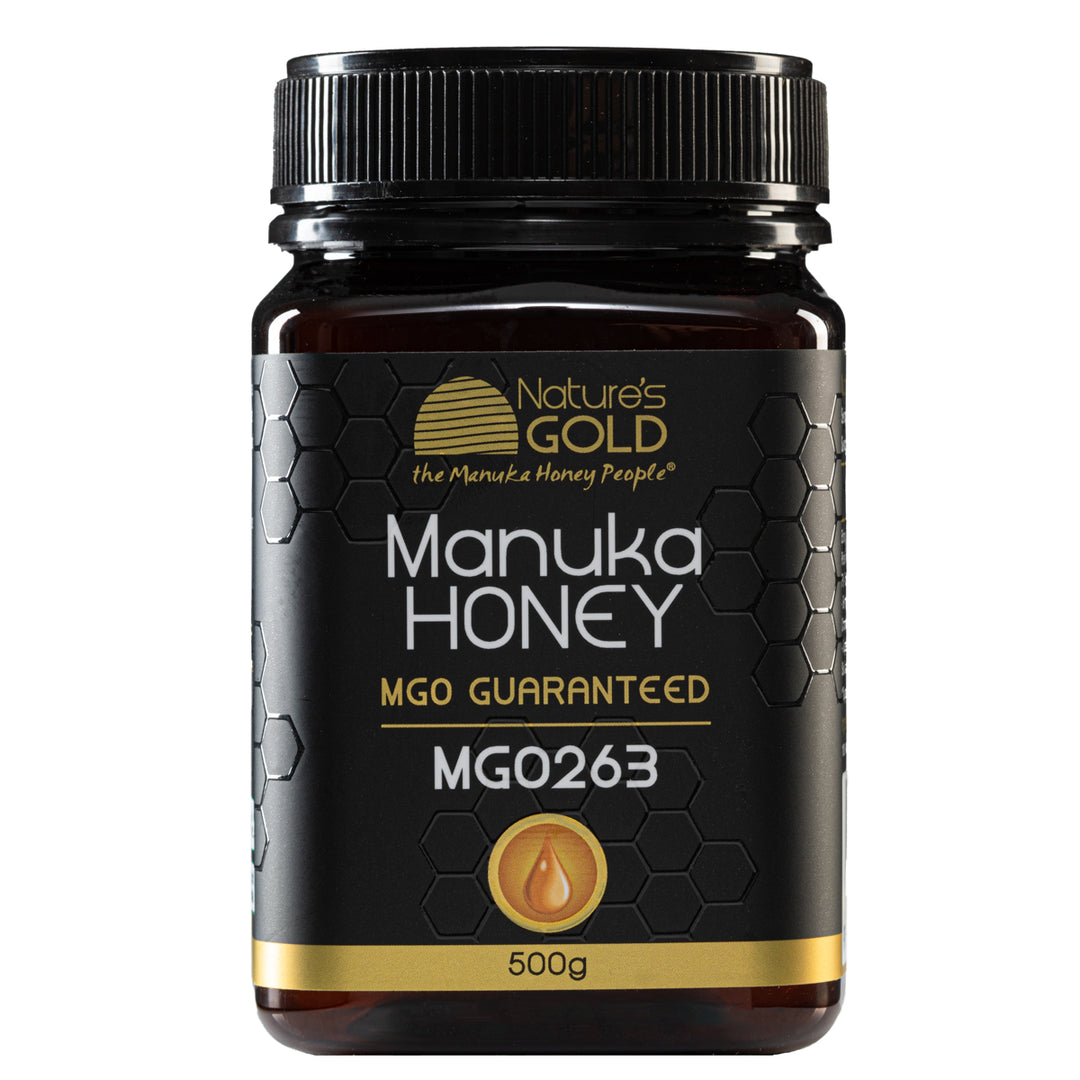
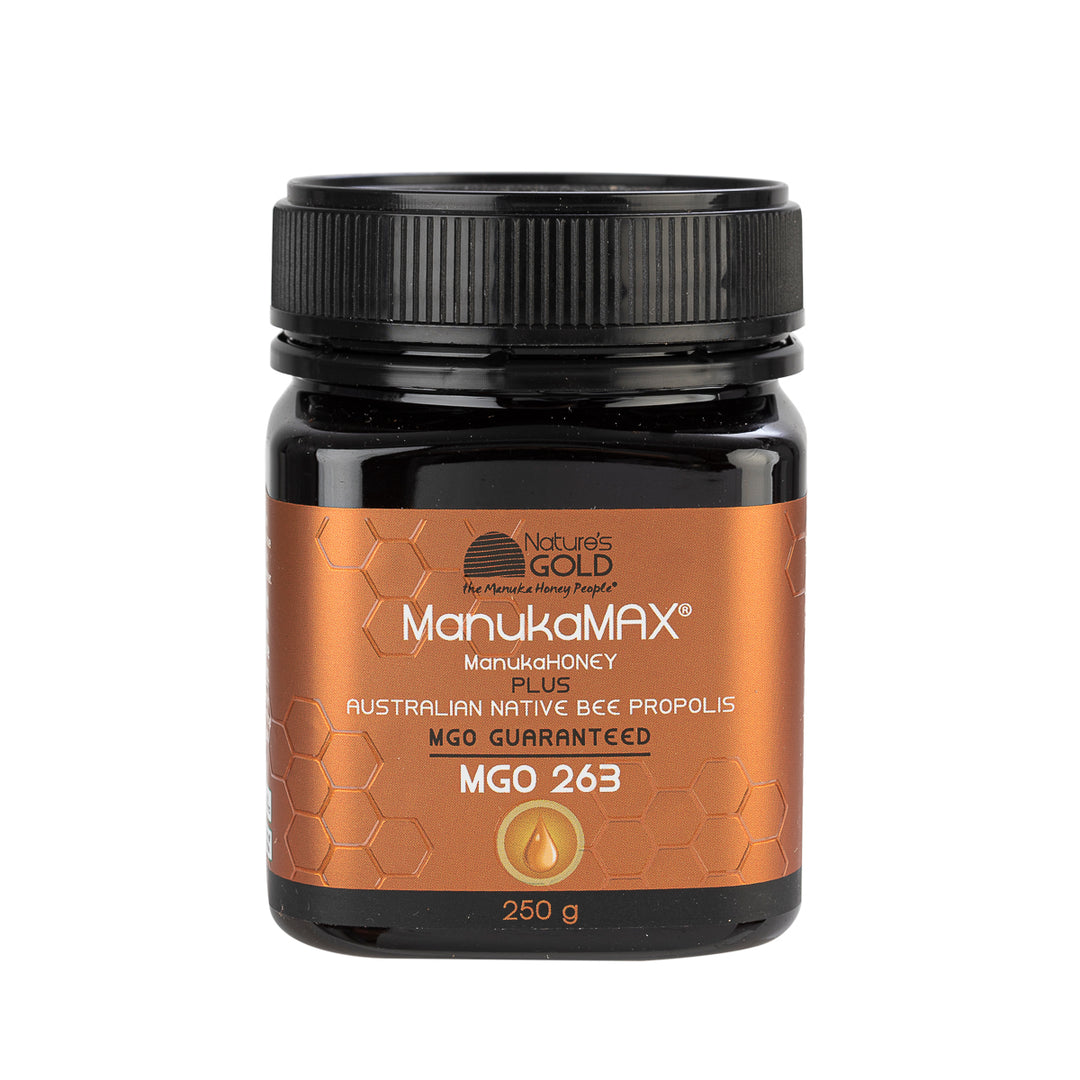
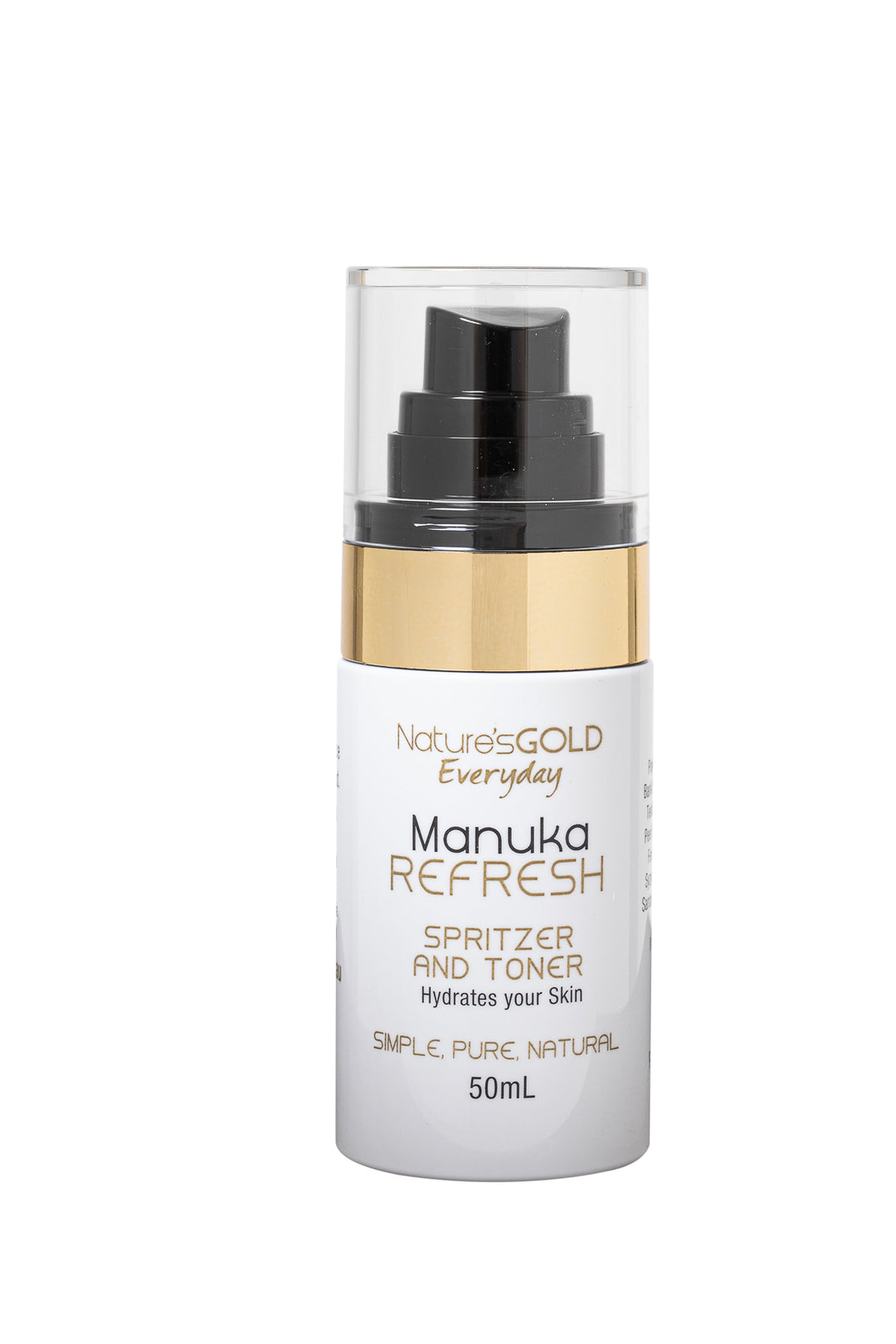



Dejar un comentario